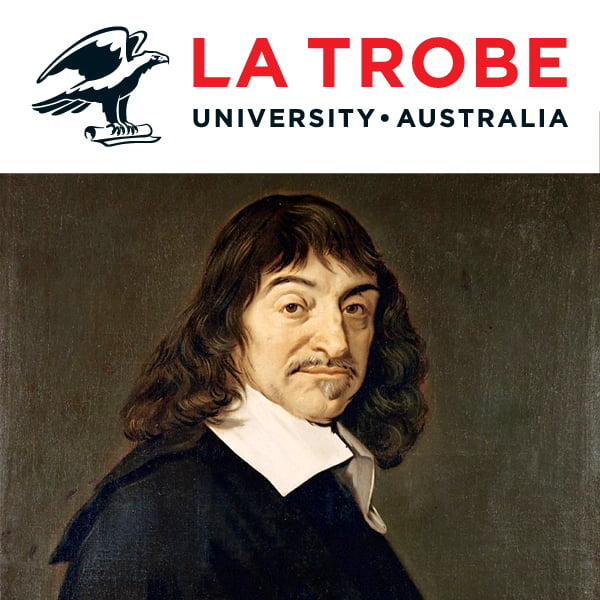The Wax Argument
Description
One of Descartes' most striking arguments is the found in the treatment of a an example where he watches a piece of wax melt as he brings it close to a fire. By reflecting on how the same wax undergoes many changes, in colour, smell, shape, even from solid to liquid, Descartes concludes that it is through the mind, or intellect, not the senses, that we reach the most reliable knowledge of the world. Beliefs derived from the senses all involve inferences and the possibility of making mistakes in reasoning. By systematic use of reason, he hopes, we can start to build a scientific theory of the world that is reliable, and incidentally the search for some basic truth brings him back to the realization that mind is better known than, and separate from, body.
Copyright 2014 La Trobe University, all rights reserved. Please contact for permissions.
More Episodes
Descartes' dualism of mind and body is a lasting legacy. Nowadays many people still believe the body is less well-known than the mind and that there is a mystery about how the mental and the physical can interact. His correspondence with Princess Elizabeth of Bohemia prompted him, late in life,...
Published 06/27/14
Published 06/27/14
Descartes' dualism of mind and body is a lasting legacy. Nowadays many people still believe the body is less well-known than the mind and that there is a mystery about how the mental and the physical can interact. His correspondence with Princess Elizabeth of Bohemia prompted him, late in life,...
Published 06/27/14


